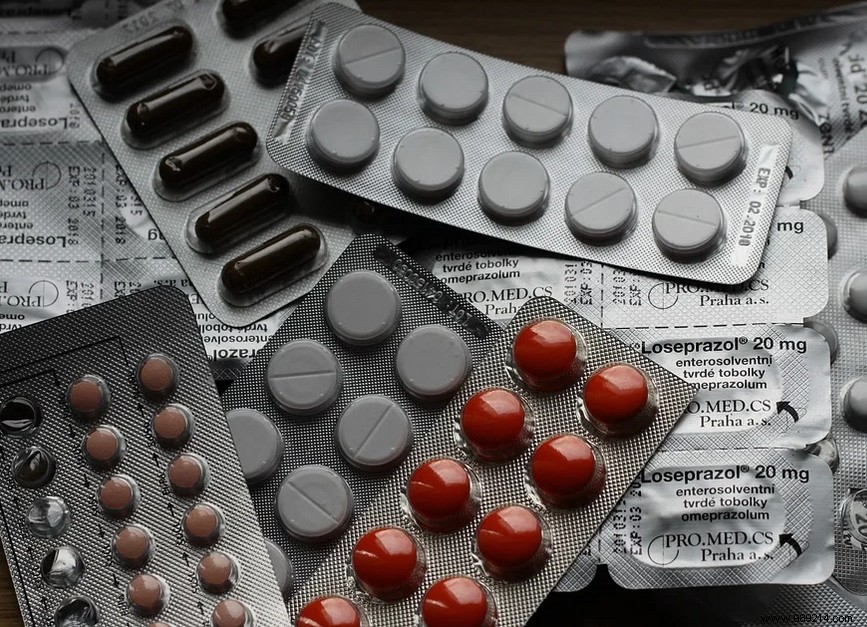Most expired foods can still be eaten after their best before date. But what about medication? Indeed, many people have medicines at home whose expiry date has passed. What to do?
Each medicine must have an expiry date. Indeed, all drugs undergo rigorous stability tests . The goal? Determine how an active ingredient varies with time. It is also a question of observing its evolution under the effect of certain environmental factors such as temperature, humidity and light.
In an article published by France Info in 2019, Martial Fraysse of the National Academy of Pharmacy recalled a very important point. The interested party indicated that the legal durations are not calculated individually for each drug. These are "dosed with a ladle" for all pharmaceuticals. Generally speaking, the deadline is one year for new products and two to three years for other drugs.
The fact is that after the deadline, the labs have no longer any responsibility regarding product viability. This means that the expiry date does not reflect when the medicine is no longer effective. This date therefore concerns the moment when the conformity of the medicinal product is no longer assured.

Despite everything, it turns out that most drugs are stable over time. The Food and Drug Administration (FDA), responsible for drug marketing authorizations in the United States, has conducted several studies in recent years. This organization has indicated that 90% of products sold without a prescription still retain 90% of their active ingredient fifteen years after their expiration. Another study published by the American Medical Association (AMA) in 2012 examined fourteen drug formulations. However, twelve of them had an active ingredient concentration above 90% no less than forty years after the deadline.
However, if the majority of drugs seem usable long after the deadline, their consumption remains inadvisable, much more than with regard to food products. Indeed, their active ingredients have a highly variable stability. In addition, this stability also depends on the excipients, the substances used to incorporate the active principles into the composition of the drugs. It also depends on the galenic, i.e. the form of the drug (syrup, capsule, cachet, etc.). Indeed, the researchers point out that liquid solutions, in sachets as well as eye drops are more significantly affected by the effects of time.